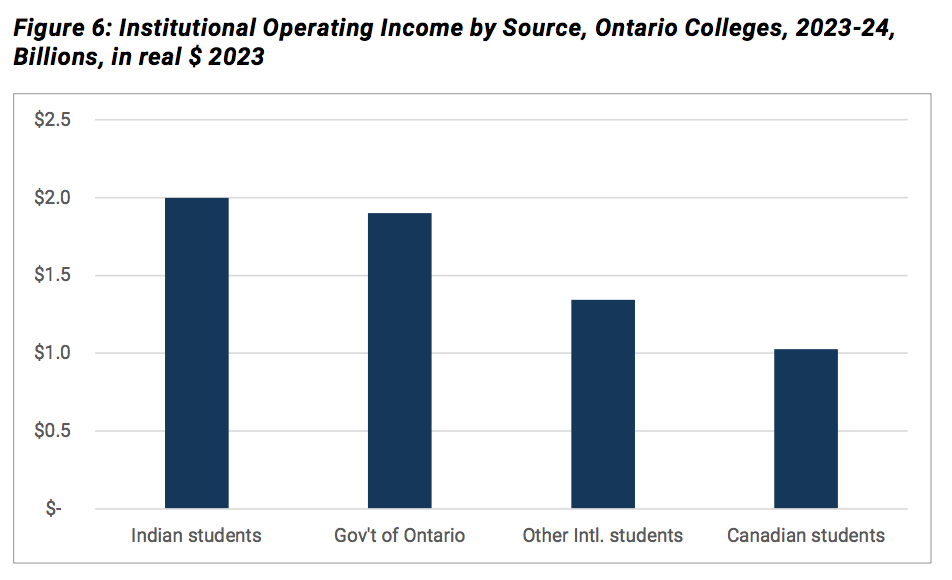UK: int’l students facing financial hardship ‘rising’
Universities across the UK should be opening specialist hardship funds for international students a report has suggested, after finding that international students are “frequently flagged as being at risk” with regards to financing.
The How to Beat a Cost-of-Learning Crisis: Universities’ Support for Students report from the Higher Education Policy Institute also says government advice for international students on living costs in the UK needs to be adjusted.
HEPI suggests that companies allowing overseas applicants to misrepresent their available funds need to be “eradicated”.
During the research, HEPI found that international students were “frequently flagged as being at risk”, which it said was surprising, given they need to prove they have enough financial support during the application process.
“Almost every finance team” told researchers stories of international students borrowing money for proof of funds or that students had found government recommendations on spending requirements insufficient.
The government requires students to show £1,334 per month for courses in London and £1,023 per month outside of the capital to support themselves.
HEPI also said companies had loaned money to students in exchange for a fee to help them meet financing requirements. The PIE has previously identified companies offering those options, which stakeholders say they discourage students from using.
The report says that this resulted in students being “increasingly under-financed” when they arrive in the UK.
The cost-of-living crisis, the 20-hour limit on work hours and the requirement for full funding meaning university hardship funds are off limits to many international students are also exacerbating issues, it adds.
Universities such as Greenwich, De Montfort and Warwick have used OfS funding to create new or top-up existing hardship funds for international students, while the students’ union at Newcastle shares cost-of-living support via a WeChat account, mainly for its Chinese students.
The statistical analysis of 140 university responses and interviews with nearly 60 university professionals also found that some 27% universities operate a food bank, including a third of Russell Group universities. It does not say however if or how often they are used by international students.
Universities are “stepping up” as students face financial difficulties, but more needs to be done, said author of the report, Josh Freeman. He explained that the research found that financial difficulties are a growing problem for international students in the UK.
“Universities should streamline bureaucratic hardship funds”
“Universities should streamline bureaucratic hardship funds and set up processes to move more quickly,” he said, but the report also questions whether universities should be the ones plugging student finance gaps.
Speaking with The PIE, Freeman emphasised that government advice for international students needs to be updated to reflect the accurate cost of living in the UK. The universities it surveyed also indicated that the numbers of international students lacking enough funds is growing, he added.
They also reported that some money international students earned during their part-time work was being sent back to their home countries, rather than being spent on living costs in the UK, he said.
Pointing to the examples of universities using OfS funding to support international students, he said, “There needs to be enough money available for universities to have hardship funds that are available for international students.”
The post UK: int’l students facing financial hardship ‘rising’ appeared first on The PIE News.


 About the author: This is a sponsored post from Benjamin Bilverstone, chief operations officer at AHZ. AHZ is one of the UK’s largest international student recruitment agencies. AHZ has a global network of offices that exclusively provide support to international students wishing to study in the UK.
About the author: This is a sponsored post from Benjamin Bilverstone, chief operations officer at AHZ. AHZ is one of the UK’s largest international student recruitment agencies. AHZ has a global network of offices that exclusively provide support to international students wishing to study in the UK.


